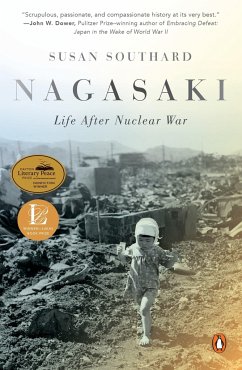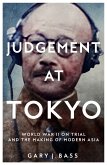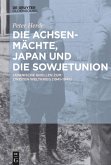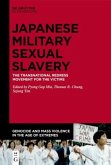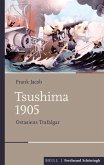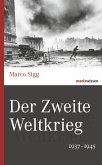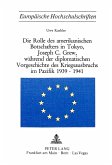"[A] reminder of just how horrible nuclear weapons are."-The Wall Street Journal "A devastating read that highlights man's capacity to wreak destruction, but in which one also catches a glimpse of all that is best about people."-San Francisco Chronicle "A poignant and complex picture of the second atomic bomb's enduring physical and psychological tolls. Eyewitness accounts are visceral and haunting. . . . But the book's biggest achievement is its treatment of the aftershocks in the decades since 1945." -The New Yorker The enduring impact of a nuclear bomb, told through the stories of those who survived: necessary reading as the threat of nuclear war emerges again. On August 9, 1945, three days after the atomic bombing of Hiroshima, the United States dropped a second atomic bomb on Nagasaki, a small port city on Japan's southernmost island. An estimated 74,000 people died within the first five months, and another 75,000 were injured. Nagasaki takes readers from the morning of the bombing to the city today, telling the first-hand experiences of five survivors, all of whom were teenagers at the time of the devastation. Susan Southard has spent years interviewing hibakusha ("bomb-affected people") and researching the physical, emotional, and social challenges of post-atomic life. She weaves together dramatic eyewitness accounts with searing analysis of the policies of censorship and denial that colored much of what was reported about the bombing both in the United States and Japan. A gripping narrative of human resilience, Nagasaki will help shape public discussion and debate over one of the most controversial wartime acts in history. WINNER of the J. Anthony Lukas Book Prize and the Dayton Literary Peace Prize FINALIST for the Ridenhour Book Prize • Chautauqua Prize • William Saroyan International Prize for Writing • PEN Center USA Literary Award NAMED ONE OF THE BEST BOOKS OF THE YEAR BY The Economist • The Washington Post • American Library Association • Kirkus Reviews
Hinweis: Dieser Artikel kann nur an eine deutsche Lieferadresse ausgeliefert werden.
Hinweis: Dieser Artikel kann nur an eine deutsche Lieferadresse ausgeliefert werden.

